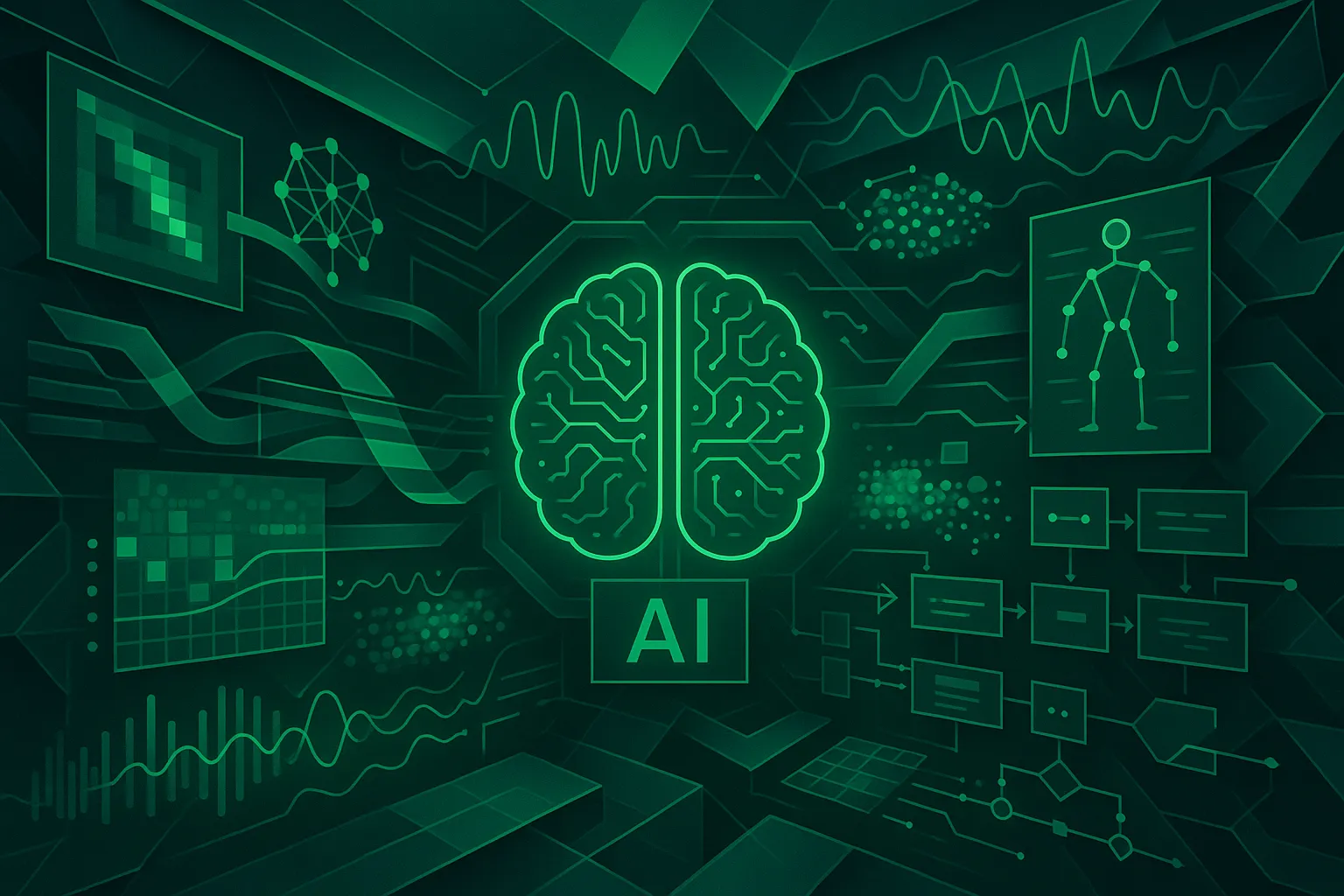
2025-01-13T04:00:00+00:00
As artificial intelligence (AI) redefines how we live and work, the focus of AI development has never been more complex and nuanced. Traditionally, AI systems aimed to enhance and replicate human capabilities, covering areas from healthcare and finance to education. However, the evolving technological landscape suggests it's time to move beyond these human-centric models and explore innovative intelligence models that surpass merely mimicking human abilities.
The Evolution of AI: Transition from Human-Centric Approaches
Historically, AI has focused on augmenting human activities—improving our decision-making processes and simplifying intricate tasks. Yet, we're entering an era where AI can transcend these boundaries, acting in collaborative and integrative roles. AI's progression now envisions engaging multiple specialized agents to address complex problems in tandem with human guidance.
Such advancements demand that AI is not restricted to optimizing human activities alone. Instead, AI systems are increasingly designed to operate autonomously, aligning with human values and societal norms while navigating challenges like ethics and data privacy. For instance, AI models in autonomous vehicles now factor in moral choices similar to human decision-making during unforeseen events.
Beyond Boundaries: Innovative Models for AI Collaboration
New intelligence models aim for AI to be a partner in problem-solving and innovation. Integrating societal integrity into AI development emerges as crucial. For example, generative AI creates unique outputs, expanding artistic and literary creativity realms. These models present opportunities but also challenges, such as dealing with the misuse of generative outputs in creating deepfakes or scams. To tackle this, developers prioritize building systems with rigorous checks to enhance creativity while safeguarding against misuse.
Imagining the Future of AI
AI's future promises to influence nearly every aspect of human existence by 2025, revolutionizing work, education, and social interactions. However, this evolution demands transparency and accountability to build trust with users. While some foresee complex ecosystems of collaborative AI agents, others express concern over the lag in regulatory frameworks catching up with AI's rapid advancements. In this complex field, developers need to clearly demonstrate AI's tangible benefits.
To navigate these challenges, initiatives from prestigious institutions, such as Stanford, advocate for an interdisciplinary approach that combines ethics, law, and computer science. Aligning AI with long-term societal goals ensures tech progresses harmoniously with societal well-being in mind.
A New AI Paradigm: Exploring the Synergy
As AI technologies build momentum, moving beyond human-centric models offers thrilling yet complex possibilities. This shift signals a broad understanding of AI, not just as an extension of human intellect but as a tool complementing our creativity. The dialogue has shifted; it is no longer about AI's integration into our society but how it will reshape our experiences and elevate standards.
How will these changes affect your field or day-to-day life? Consider sharing your thoughts or engaging with a community to delve deeper into the visionary future of AI. Exploring the synergy between human and artificial intelligence could reveal greater opportunities and unforeseen advancements for collective progress.